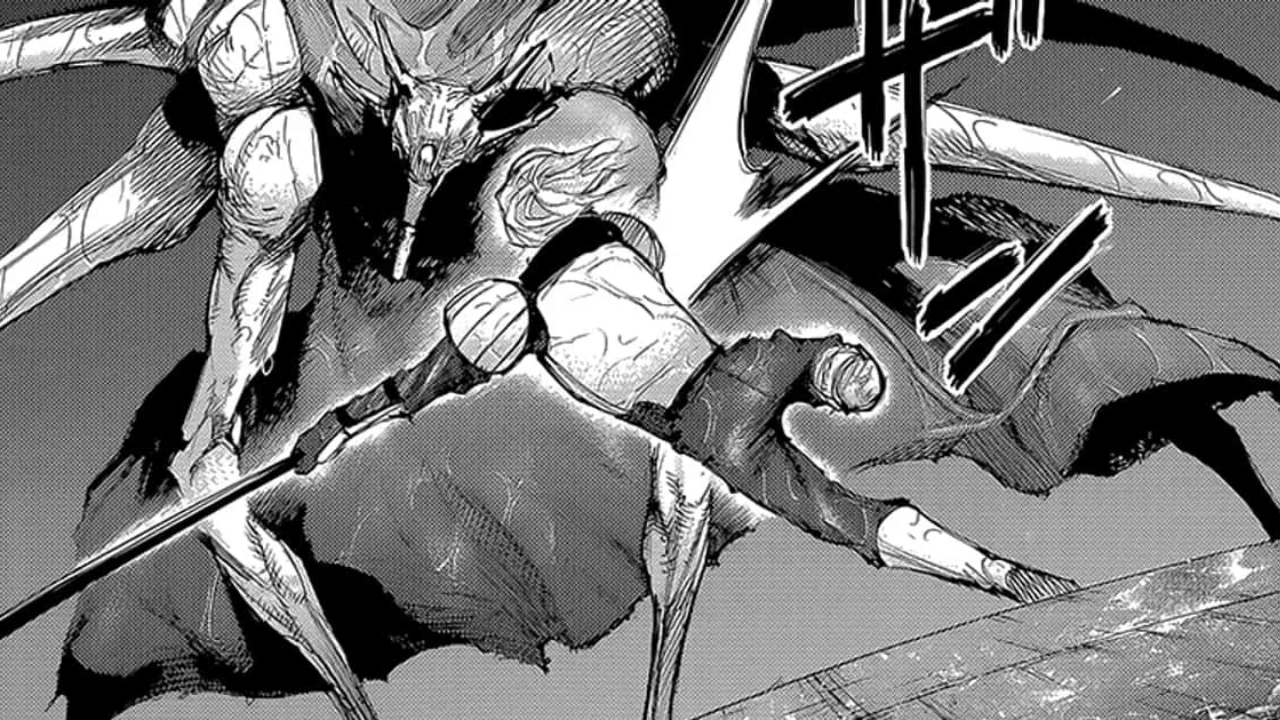Introduction
Once a favorite among manga readers worldwide, MangaOwl gained notoriety for offering a vast library of manga — all for free. But as its traffic soared, so did legal and ethical concerns. This article explores MangaOwl’s rise to fame, the controversial methods behind its operation, and the impact it left on the manga industry.
MangaOwl’s Library: A Treasure Trove or Trouble?
MangaOwl stood out for its user-friendly interface, extensive catalog, and real-time updates — sometimes even faster than official sources. It hosted thousands of titles, including trending series like My Hero Academia, One Piece, and Attack on Titan.
But the very content that drew fans in also became its biggest liability. Most of the manga was unlicensed and pirated, uploaded without consent from creators or publishers.
Behind the Scenes: How MangaOwl Monetized Piracy
Unlike many shady piracy websites overloaded with pop-ups and malware, MangaOwl delivered a clean, smooth browsing experience. However, this didn’t mean it operated ethically.
Investigations revealed that MangaOwl worked in conjunction with a network of “laundering” websites, like chessmoba.us, to monetize its traffic. By redirecting users through deceptive methods like hidden URLs and fake landing pages, it masked the origin of its visitors. This allowed them to trick ad networks into thinking the traffic was legitimate, securing revenue that would typically be off-limits for pirated platforms.
The Legal & Ethical Dilemma
MangaOwl operated in the legal grey zone — hosted on ever-changing domains and protected by anonymous registrations. While users were often unaware of the implications, industry leaders were not.
Japan’s Authorized Books of Japan (ABJ) and manga publishers have likened the use of such sites (JJKManga) to funding organized crime. Beyond the legal aspect, these platforms hurt independent artists and publishers, who lose potential revenue and rights control when their work is distributed for free.
The Fall of MangaOwl
In 2022, MangaOwl abruptly went offline. Its sudden disappearance left fans confused and scrambling for alternatives, whether due to internal decisions, legal pressure, or hosting takedowns.
As expected, copycat sites using similar names popped up — many of them filled with malicious ads, scams, or completely unrelated content. Meanwhile, more users began shifting toward official platforms offering high-quality, legal access to manga.
Lessons Learned from the MangaOwl Case
The MangaOwl saga sheds light on a few key takeaways:
- Free isn’t always harmless — When a site offers premium content for free, there’s usually a hidden cost, whether it’s in ad fraud or data privacy risks.
- Piracy platforms evolve — From malware-filled sites to slick, professional-looking services, piracy is adapting fast.
- Creators need better support — Publishers and platforms must invest in accessible, affordable legal alternatives to compete with piracy.
Alternatives to MangaOwl
Fortunately, there are now legitimate manga platforms that support artists and provide high-quality, secure reading experiences:
- Manga Plus by Shueisha – Free access to the latest chapters, simultaneous with Japan.
- VIZ Media – A vast, affordable catalog of popular series.
- ComiXology (by Amazon) – Offers both purchase and subscription models for manga and comics.
- Crunchyroll Manga – Great for anime and manga fans looking for bundled content.
Choosing legal options ensures safety and helps creators continue doing what they love.
Final Thoughts
MangaOwl may be gone, but its legacy continues to shape conversations around online piracy, digital ethics, and creator rights. For fans, the choice is clear: support the industry you love by choosing legal platforms.
As manga grows in popularity across the globe, building sustainable, creator-first ecosystems is more important than ever. It’s not just about access — it’s about respecting the art and the people behind it.



